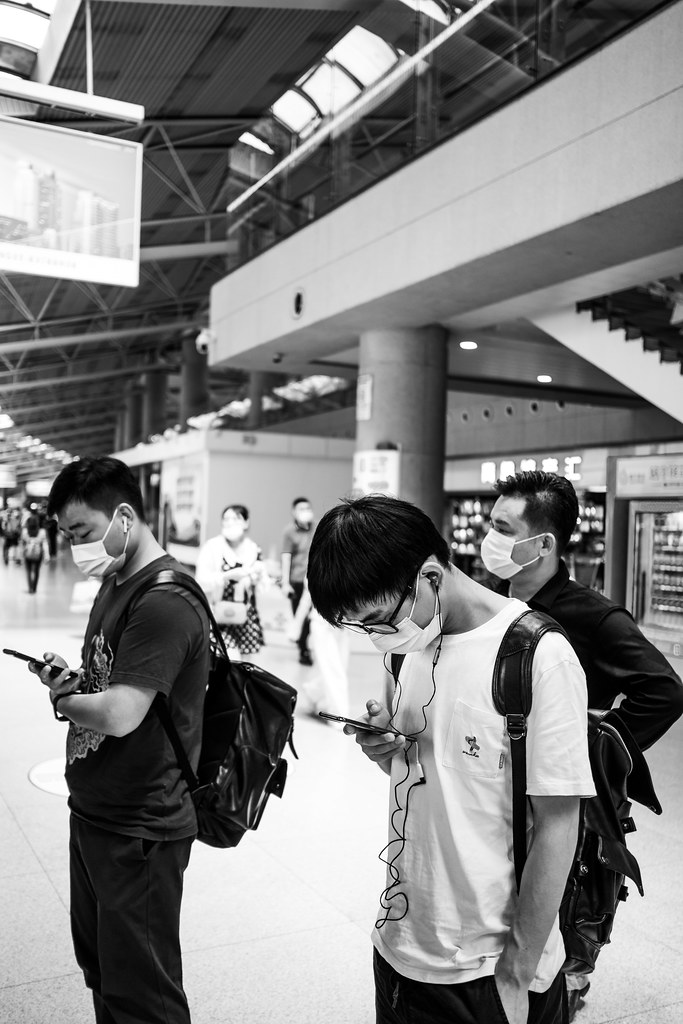The omicron variant forces travel restrictions during the holiday season
As cases of the omicron variant are arising in various parts of the United States, travel restrictions are beginning to increase. Since the discovery of the omicron virus in South Africa, travel has once again been limited. Since these restrictions, countries are speculating about discriminatory actions being taken against them.
As of Dec. 6, 17 states had confirmed cases of the omicron virus in the United States. The first of these cases appeared in California after a traveler returned from South Africa on Nov. 22. Since then, the United States has been enforcing travel bans to prevent the spread of the new omicron variant.
According to the Bismarck Tribune, North Dakota health officials are testing for this new variant. They “are urging North Dakota residents to get the COVID-19 vaccine or a booster shot before the omicron variant arrives in the state.”
Since it was discovered in South Africa, numbers have been rising in that area. According to CNN, “there were at least 6,381 confirmed cases out of 24,159 tests conducted in the past 24 hours, representing a positivity rate of 26.4% and the highest percentage of positive cases of the omicron variant.”
Although certified data will not be available for weeks, “early reports from South Africa seem to indicate the omicron variant of coronavirus is much more contagious than previous variants while causing milder disease,” according to USA Today. More cases have been reported; however, there has not been an increase in deaths or cases requiring oxygen.
According to USA Today, “Omicron had more than 50 mutations and appears to be far more contagious than the delta variant.”
The new omicron variant has forced national borders to close, or enforce strict, preventative protocols. With the holidays coming up, vacation and travel plans may need to be rearranged to align with these protocols. According to NPR, “the discovery of the omicron variant of the coronavirus in at least a third of U.S. states is raising questions about whether it will be safe to travel for the upcoming holidays, with Christmas now less than three weeks away.”
The United States travel policies have been adjusted to international travel. The White House first acted through the travel ban against foreign nationals who have been to eight African countries, including South Africa, which had shown evidence of the omicron variant.
This ban did not apply to United States citizens. This ban may be lifted; however, “the White House has defended its decision to restrict travel, saying more information is needed about the variant before the U.S. drops its ban,” according to the Hill.
Biden furthered the restrictions, requiring all international travelers to show proof of a negative COVID-19 test on the day prior to boarding a flight. The Biden administration is also extending the mask covering policy on public transportation including: buses, trains, and planes, through Mar. 18. This policy was originally set to end in mid-January.
The UK has been criticized for their restrictions and been accused of being discriminatory in their travel bans, after they announced that those traveling from Nigeria will need to quarantine in a hotel for 10 days, paid for at their own expense.
The UK restricted travel from Nigeria due to large amounts of cases in the country; however, the Centre for Disease Control in Nigeria stated it only detected three cases of omicron, all of which were recent travelers from South Africa.
According to the BBC, “Dozens of countries have imposed restrictions on travel from southern Africa, and Canada and Hong Kong have included Nigeria on their lists. South Korea has also detected the omicron variant in fully vaccinated travelers arriving from Nigeria.”
The World Health Organization released a statement concluding that “it is expected that the omicron variant will be detected in an increasing number of countries as national authorities step up their surveillance and sequencing activities.”
